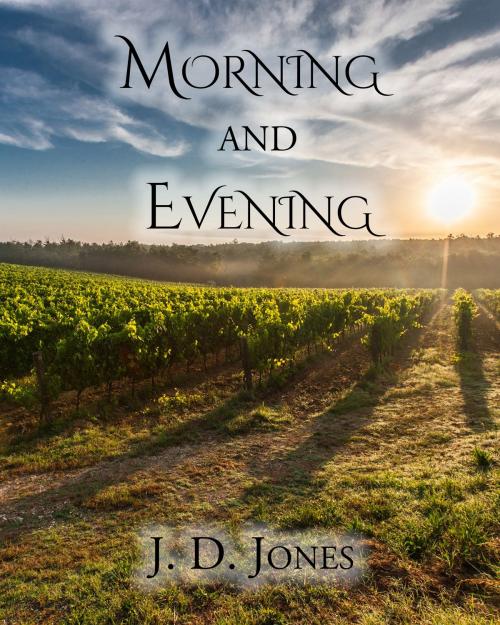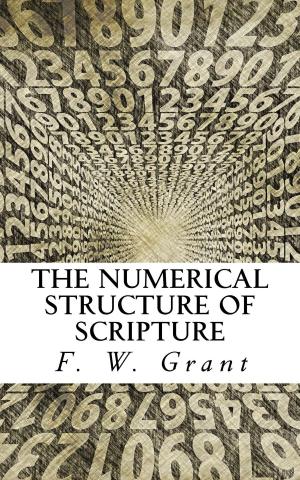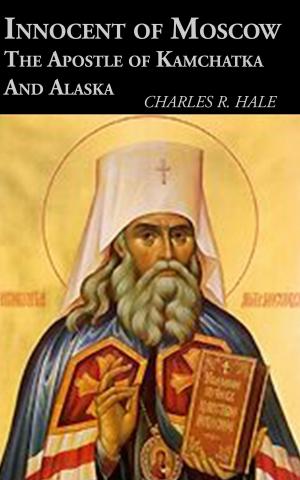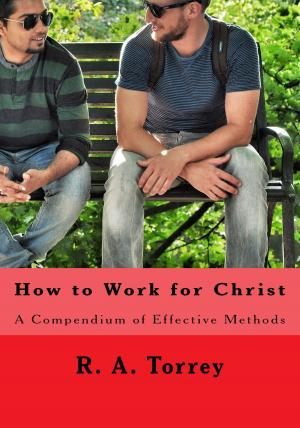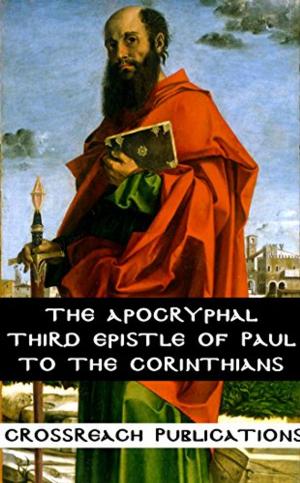Morning and Evening
Nonfiction, Religion & Spirituality, Christianity, Christian Sermons, Christian Literature, Bible & Bible Studies, Study| Author: | J. D. Jones | ISBN: | 1230001930757 |
| Publisher: | CrossReach Publications | Publication: | September 24, 2017 |
| Imprint: | Language: | English |
| Author: | J. D. Jones |
| ISBN: | 1230001930757 |
| Publisher: | CrossReach Publications |
| Publication: | September 24, 2017 |
| Imprint: | |
| Language: | English |
This is a Psalm to which we instinctively turn when Harvest Thanksgiving Sunday comes round—for it celebrates men’s joy in the teeming fruitfulness of the earth. But if you will read the Psalm carefully you will see that there is more in it than praise for the blessing of a bountiful harvest. Blending with this song of thanksgiving for God’s provision of food, there sounds throughout the Psalm a song of praise for national deliverance. In some marvellous way God had intervened for the protection of His people so that the uttermost parts of the earth were afraid at the tokens of His power and presence.
The commentators, seeking to account for this double strain which they discover in this Psalm, think that it was probably written in the springtime following the destruction of Sennacherib’s army. Things looked black for Hezekiah and his people when Sennacherib and his hosts came down upon them like a “wolf on the fold.” But the Lord had made bare His holy arm in the sight of all the nations, and instead of a land laid waste with fire and sword the Psalmist saw a land, delivered from the oppressor, whose pastures were clothed with flocks and whose valleys were covered over with corn.
The verse of my text is taken from that part of the Psalm which deals with the political deliverance. And if it is to be interpreted in close connection with the paragraph of which it forms part, then it must mean that God’s wonderful act of deliverance had filled the whole land from the place of the sunrising to the place of the sunset—as we should say of this Britain of ours “from Land’s End to John o’ Groats”—with songs of triumphant joy.
We can appreciate such an outburst of spontaneous national rejoicing. We have not forgotten Armistice Day—when the nightmare of war was finally lifted, when we knew the last shot had been fired and the last casualty announced. England went wild with joy that day.
Sennacherib’s invasion had been a more deadly menace to Judah than the Great War was to this island. For Sennacherib had invested Jerusalem. The capital—the Holy City—had been in peril. What wonder then that, when the relics of Sennacherib’s army reeled homeward, the outgoings of the morning and of the evening rejoiced? From East to West, from North to South the whole land broke out into Psalms of thanksgiving and triumph.
But I want to get away from the special and particular reference of my text this morning. I think this special experience of God’s care has flashed into the Psalmist’s mind a general truth, and that truth is this, that God is always good, that His tender mercies are over all His works, that from the outgoings of the morning to the outgoings of the evening, from first to last, from beginning to end, from start to finish, from dawn to night, from birth to death, God is always thinking upon us for our good. “Thou makest the outgoings of the morning and evening to rejoice.”
This is a Psalm to which we instinctively turn when Harvest Thanksgiving Sunday comes round—for it celebrates men’s joy in the teeming fruitfulness of the earth. But if you will read the Psalm carefully you will see that there is more in it than praise for the blessing of a bountiful harvest. Blending with this song of thanksgiving for God’s provision of food, there sounds throughout the Psalm a song of praise for national deliverance. In some marvellous way God had intervened for the protection of His people so that the uttermost parts of the earth were afraid at the tokens of His power and presence.
The commentators, seeking to account for this double strain which they discover in this Psalm, think that it was probably written in the springtime following the destruction of Sennacherib’s army. Things looked black for Hezekiah and his people when Sennacherib and his hosts came down upon them like a “wolf on the fold.” But the Lord had made bare His holy arm in the sight of all the nations, and instead of a land laid waste with fire and sword the Psalmist saw a land, delivered from the oppressor, whose pastures were clothed with flocks and whose valleys were covered over with corn.
The verse of my text is taken from that part of the Psalm which deals with the political deliverance. And if it is to be interpreted in close connection with the paragraph of which it forms part, then it must mean that God’s wonderful act of deliverance had filled the whole land from the place of the sunrising to the place of the sunset—as we should say of this Britain of ours “from Land’s End to John o’ Groats”—with songs of triumphant joy.
We can appreciate such an outburst of spontaneous national rejoicing. We have not forgotten Armistice Day—when the nightmare of war was finally lifted, when we knew the last shot had been fired and the last casualty announced. England went wild with joy that day.
Sennacherib’s invasion had been a more deadly menace to Judah than the Great War was to this island. For Sennacherib had invested Jerusalem. The capital—the Holy City—had been in peril. What wonder then that, when the relics of Sennacherib’s army reeled homeward, the outgoings of the morning and of the evening rejoiced? From East to West, from North to South the whole land broke out into Psalms of thanksgiving and triumph.
But I want to get away from the special and particular reference of my text this morning. I think this special experience of God’s care has flashed into the Psalmist’s mind a general truth, and that truth is this, that God is always good, that His tender mercies are over all His works, that from the outgoings of the morning to the outgoings of the evening, from first to last, from beginning to end, from start to finish, from dawn to night, from birth to death, God is always thinking upon us for our good. “Thou makest the outgoings of the morning and evening to rejoice.”
